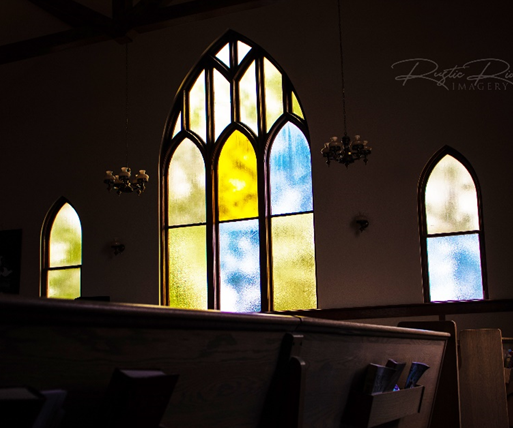I hear that a lot of people are also feeling overwhelmed these days. Service clubs are looking for people to join, community organizations like PRAAC are short of volunteers, weekly gatherings of different groups are bemoaning low attendance, and the Senior’s Centre attendance has been up and down like a yoyo for their different events. It doesn’t help to hear that hospitalizations are rising, people are still succumbing to Covid and the war in Ukraine keeps becoming more and more deadly.
We live in a complex time and that isn’t going to change any time soon. Some folks have experienced trauma as a result. They are grumpy and tired and easily triggered emotionally. In fact, it’s surprising when given everything we’ve faced as a human race in the last two years, that we are not more emotionally triggered than we are. Trauma is challenging to deal with and the emotional stress can be more difficult to deal with than the disease. Isolation, loss of community, and loss of purpose have all taken their toil.
That’s where I find Thomas so relatable. He too felt overwhelmed by the events that had overtaken him. Losing his beloved rabbi in such violent circumstances, no matter how much Jesus had warned him ahead of time, must have been intense. Just like us, he grieved. When I hear this scripture in 2022, I don’t hear the voice of a sceptic, I hear the voice of a grief-stricken man in a state of shock. And to be quite honest, a stubborn man who doesn’t want to grab the hope that his friends have handed to him.
Just as I envy the Garden club members and my neighbors for their commitment to blooming and growing the community environment, Thomas was envious of the other disciples, their energy and renewed excitement in the mission that Jesus gave them. Maybe he was feeling sorry for himself that he hadn’t experienced what they had. Maybe he was angry that they were moving out of grief too soon, in what must have seemed ridiculous and disrespectful.
Faith, when we come right down to it, can’t be handed to us. It can be shared with us. It can be talked about and pointed to, but it’s something that we work through in our own ways. And like a garden, it needs constant fertilization. And maybe doubt is our sign that we need to add some more fertilizer to our faith garden, maybe it’s the sign that we are being called to wrestle with our understandings of God and spirituality and our place in the world.
Growing our faith, like cleaning up our yards after the snow melts, can be different every year. Some years, it’s a lot, some years there’s not much to do. Sometimes the doubt is strong and needs a lot of intentional weeding and fertilizing, sometimes it is not so strong, and less challenging. Either way, it’s an invitation to grow our faith to sustain us through the challenging times, the winters of our souls until we feel new growth arising.
One of the things that helps with growing my faith every year is being part of a wider community of thoughtful souls wrestling with the same questions as Thomas. Whether it is here locally or with national leaders and thinkers, there are a lot of wise people gathering to ask questions and listen for answers that bubble up when our doubts arise. Notice in our reading of Acts today that Peter didn’t address the court by himself but as part of a group of witnesses, the disciples who together saw and experienced the First Easter. Maybe that was why Thomas was first left out. He was not with them. He was separated from their companionship. It wasn’t until he gathered with them again in a safe space that he had an encounter with the Easter Jesus. And it was when they were together that they had the courage and wisdom to speak their faith to their scoffers and detractors.
Part of our group of witnesses and community is not just this congregation, but the many United Churches across Canada, as well as other Christian denominations. One witness statement was first developed in 1968. It was refined to eliminate sexist language way back in 1980. It was added to in 1994 to reflect the growing concerns with the Earth. And it has been shared beyond Canada. It is in the United Methodist Hymnbook in the United States, interestingly enough. And it is not a rule book, a list of “Thou shalt believe this and not that”, but more like a compass that points to the North when we’re not quite sure which direction to go. It guides us and inspires us. You could even say it fertilizes us to help us grow in our faith. Whatever metaphor we use, it can remind us that together, we have a strong mission, ministry and hope. To make a difference in the world, working with God in partnership and in trust to celebrate that we are not alone. The creed is a witness to us, and becomes our witness to those outside these walls. It can inspire and energize us and give us hope. Just as Thomas found Jesus when he least expected him, we can find courage in these words that grow our faith.





